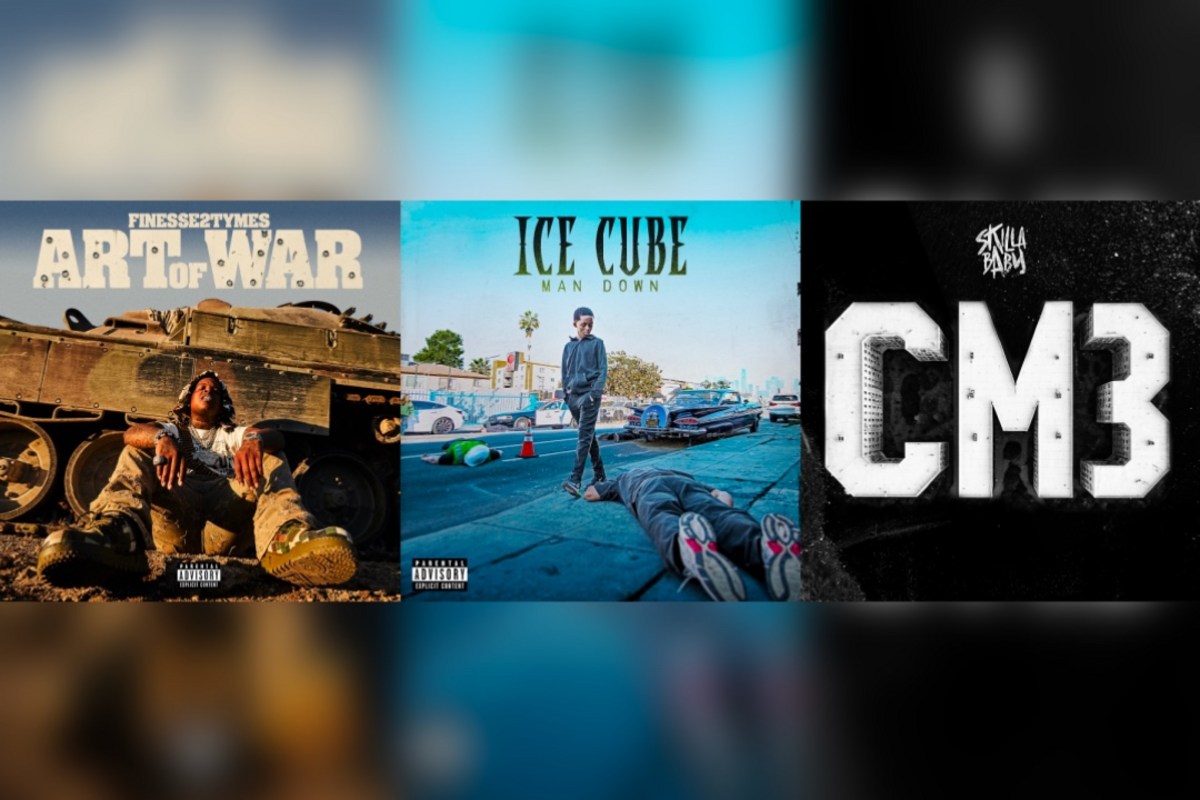On Tuesday night, Reverend Jim Ball and his wife joined the crowd of more than 70,000 people who watched Vice President Kamala Harris deliver her closing argument at the Ellipse park in Washington, DC. The next day, he was feeling good about Harris’s chances despite polls showing the race as a toss-up. “The Lord is with us, even if the polls aren’t,” he says, with a laugh. “It would be more comforting if the polls were better.”
Ball, an ordained Baptist minister and longtime Christian environmental activist, has spent the last three months leading Evangelicals for Harris, a political action committee encouraging Christians to cast their vote for the Democratic Party candidate. The PAC had its splashy rollout in August, hosting a Zoom call with an ecumenical and multiracial group of evangelical Christians talking about the election’s stakes. Since then, they have spent at least $1 million on ads making the Christian case for Harris.
In 2020, Ball’s group—then known as Evangelicals for Biden—successfully targeted evangelical voters in swing states, and this time around the effort is nationwide. Though evangelical is a theological term referring to a set of beliefs about activism, conversion, and the role of the Bible, it began to take on a political valence with the rise of the Christian Right in the 1970s and 1980s. Due in part to decades of investment in antiabortion policy, the Republican Party has had a firm hold on evangelical voters ever since, and in the 2020 election, the Edison exit polls showed that Trump won 76% of white Evangelicals, while Biden only won 24%.
Despite that, a fluctuating minority of self-identified evangelicals persistently cast their votes for Democrats, and they are often geographically well-positioned to swing a crucial precinct or two. “We have results from 2020 that suggest efforts to influence evangelical voters can make a difference,” Ball says. “President [Barack] Obama actually set the high watermark of 26% back in 2008, and that is actually our goal this year, to get to 26%.”
Ball’s group exists to rally those voters by appealing to Biblical virtues, but they also want to ruffle a few feathers. In early October, they released an ad intercutting snippets from a speech by Billy Graham on loving your neighbor with recent comments about Haitian immigrants by former president Donald Trump. Franklin Graham, the late pastor’s son and an enthusiastic Trump booster, was not pleased with the inclusion of his father’s words and sent a “cease and desist” letter.
But the relevance of the elder Graham’s words to the current debate is hard to dispute, and for Ball, it goes beyond modern-day hypocrisy. “Reverend Graham is reminding us what Jesus taught, which is everybody’s neighbor, especially the person in distress. That’s the point of the parable of the good samaritan, and that is also what has guided Vice President Harris,” says Ball. “In terms of reaching out to those who are vulnerable and protecting the vulnerable, that’s what her career has been about.”
Vanity Fair: How are you feeling about the election and the work you’ve done with just a few days left?
Reverend Jim Ball: So my gut sense of how things are going is that we’re going to win this thing. So I’d love for it to be not so close right now in the polls and all that, but I think the momentum is definitely on our side. I think there’s going to be a lot of Harris voters turning up to the polls. The motivation is high. So I’m feeling optimistic about our chances, and I think Vice President Harris will be elected as the next president of the United States. Her talk [Tuesday at the Ellipse] was right on target in terms of contrasting herself with Mr. Trump and the threat he represents.




















 English (US) ·
English (US) ·